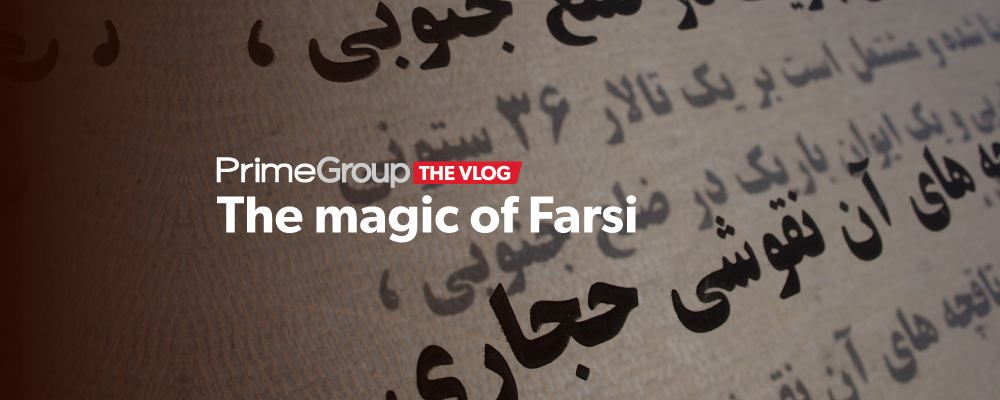You shall not take the name of your God in vain. And it’s true. The idea and word “God” are sacred and have been around in all cultures for ever, maybe since early humans started wondering where they came from and where they’re going, also asking themselves about life and death. Don’t leave. Let’s dive into the deep and exciting connections between language and spirituality.
Language and spirituality are closely linked throughout history in every culture and religious tradition. It’s important to note that language isn’t just a way to talk but also a tool people use to describe, explore, and connect with the bigger things in life. So, let’s go through the ties between language and spirituality:
Sacred Names
In many religious traditions, the names of gods and spiritual ideas are very powerful. For example, in Judaism, the name of God, shown as four letters (YHWH), is usually said as “Yahweh” or “Jehovah“. It’s the most sacred name in Jewish tradition and stands for the God of Israel. Because it’s so sacred, Jews usually avoid saying it and use other words like “Adonai” (Lord) when reading out loud.
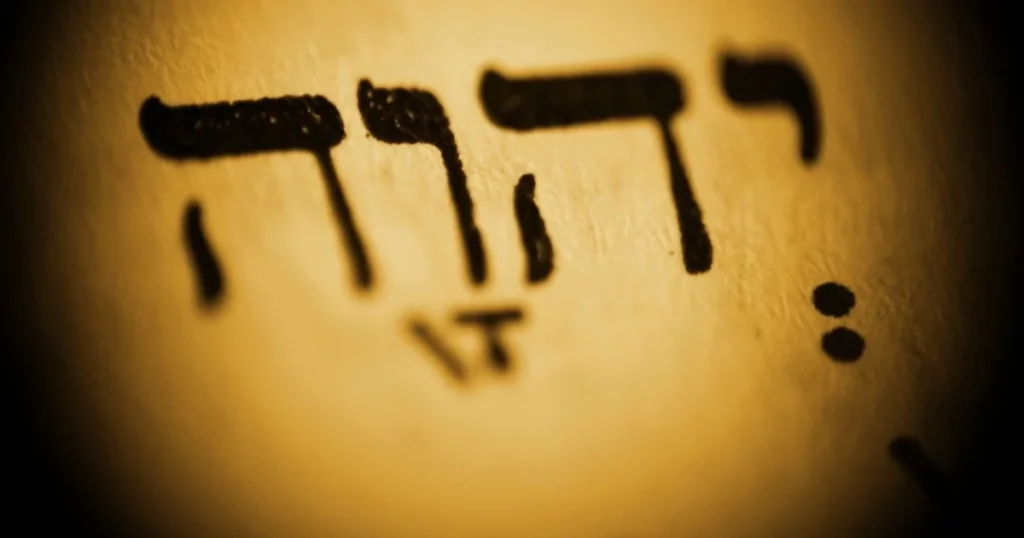
Mantras
In Hinduism and Buddhism, a mantra is a word or phrase said over and over during meditation to help focus and connect with the divine. An example is the well-known “Om“, a holy sound in many Indian religions.
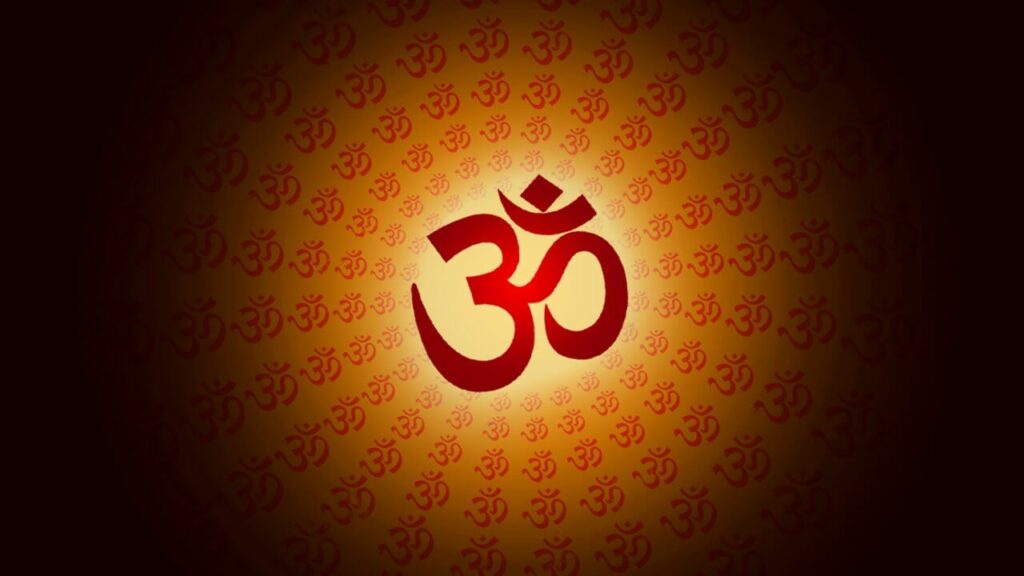
Prayers
Whether it’s the “Our Father” in Christianity, the “Al-Fatiha” in Islam, or the “Shema” in Judaism, prayers are sets of words meant to help connect with the divine.
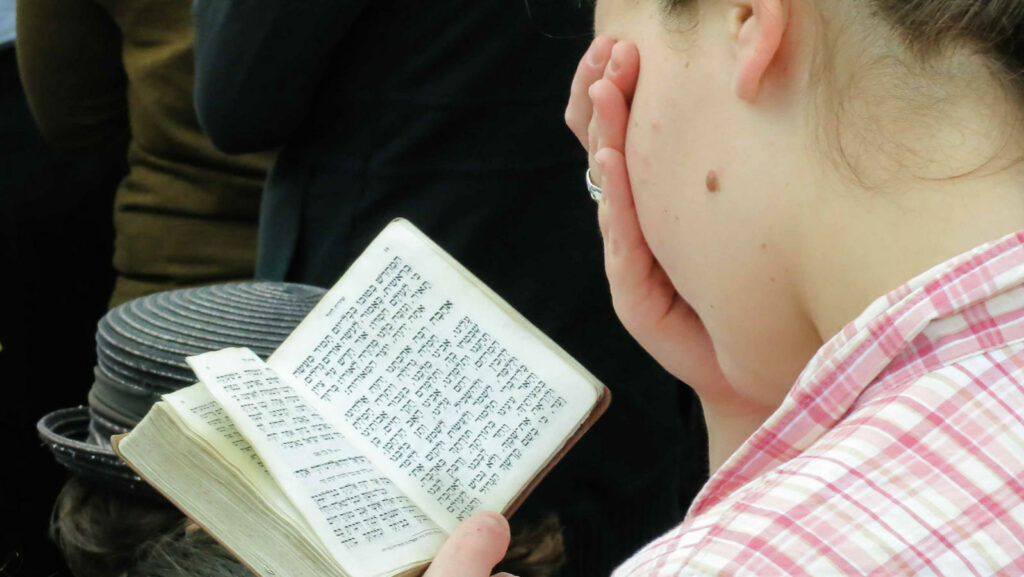
Sacred Texts
Books like the Bible for Christians, the Quran for Muslims, or the Bhagavad Gita for Hindus are not just religious teachings. In many cases, they’re seen as direct words from God. These holy books guide the spirituality of billions of people.
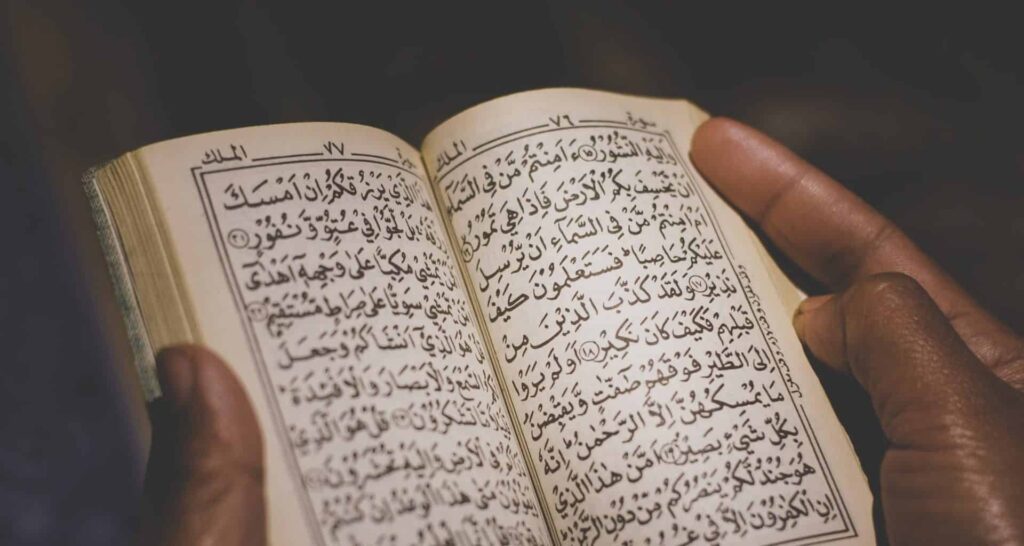
Church Languages
Some religions have special languages for their rituals. For instance, the Catholic Church used Latin for masses in many parts of southern Europe not too long ago. Sanskrit, an ancient language from India, is still heard in some Hindu rituals. Classic Arabic is the standard for all Muslim communities. So much so, it’s also the model for how to write and speak.

Power Words
In many mystical traditions, some words are believed to have special power. In ceremonial magic, for instance, saying the right words in the right order can call spirits or change reality. This is particularly true in the case of Islam. According to the French writer Michel Houellebecq, Islam is the only religion that prohibits all translation for liturgical use because the Quran is composed of rhythms, rhymes, proverbs, and assonances. It rests on the very foundations of poetry, on the intimate union between sound and meaning with the purpose of interpreting the world.
Hard-to-Describe Ideas
Some spiritual ideas are hard or even impossible to fully explain in words. Like “Tao” in Taoism, which is both the natural way of the universe and the goodness in everything.
Mystical Poetry
Poets have used words to talk about deep and special spiritual experiences. For example, Rumi, a Persian poet from the 13th century known for his spiritual Sufi poems. His works, like the “Masnavi”, discuss divine love and the spiritual journey. He’s one of the greatest mystical poets ever. In the Christian world, we have Saint John of the Cross, a Spanish mystic who wrote “Dark Night of the Soul”. He described the spiritual path as a journey first of darkness, then cleaning up your soul to join with God.
The link between words and spiritual feelings is very special. Words help us talk about these feelings, but sometimes words can’t describe everything. Some truths are too big for words. A thinker named Ortega y Gasset said, “Words don’t just show complete ideas, words help make the idea complete.” I’ll say it again… “Words don’t just show complete ideas, words help make the idea complete.” Words aren’t just tools. They help shape our thoughts and feelings. In short, words are like a mirror for our soul.


